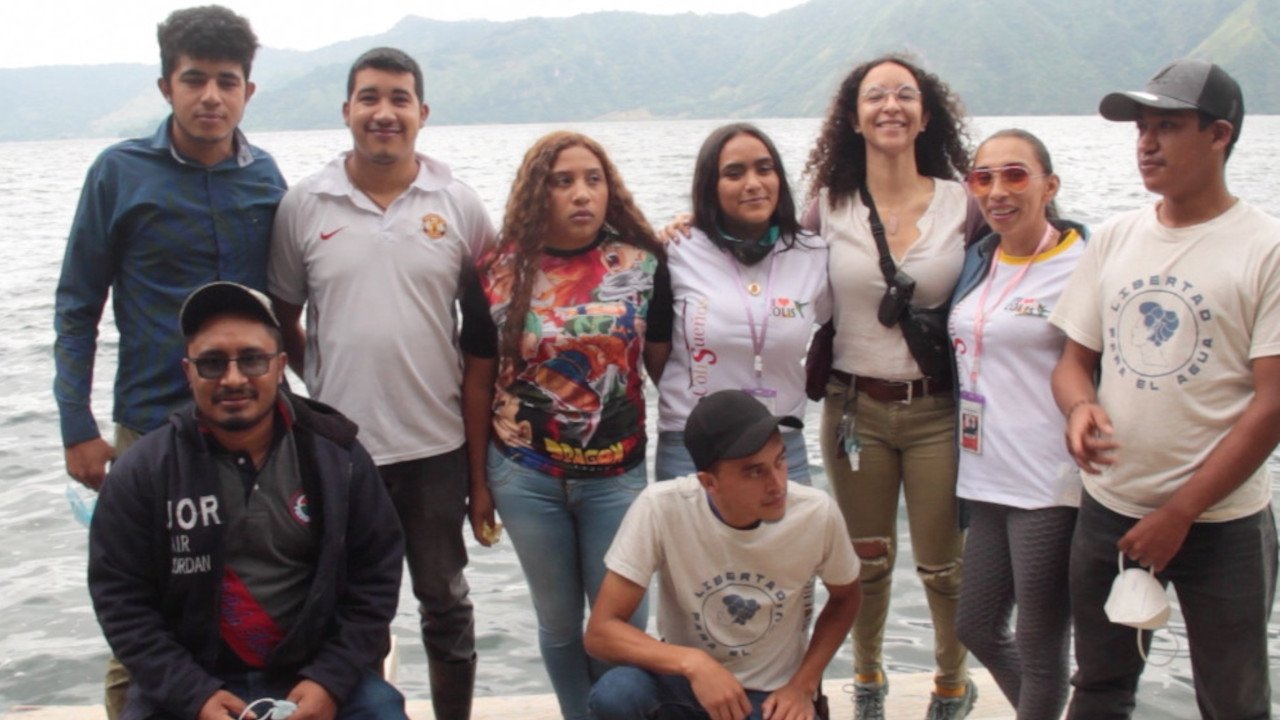

Tekuanes - Guardianes del Agua(2024)

Movie: Tekuanes - Guardianes del Agua
Top 7 Billed Cast
Amalia Lemus "Shenny"
Alex García
Lupita García
Jennifer Pacheco
Carlos Cáceres
Ruth Pacheco
Johny Rodriguez

Tekuanes - Guardianes del Agua
HomePage
Overview
Release Date
2024-09-05
Average
0
Rating:
0.0 startsTagline
Genres
Languages:
EspañolKeywords
Similar Movies
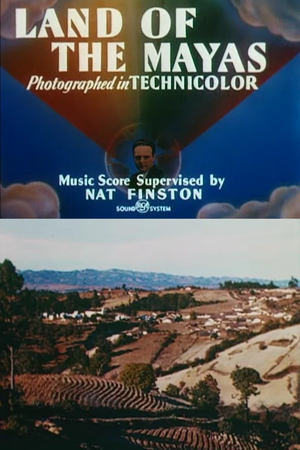 0.0
0.0Land of the Mayas(en)
This Traveltalk series short visits the village of Chichicastenango, Guatemala and emphasizes the influence of the Mayan culture on its people. It shows how the residents intermingle ancient religious practices with Catholic teachings. Narrator James FitzPatrick introduces, and greets on camera, Father Ildefonso Rossbach, a Catholic priest who ministers to the local population in the village and outlying areas.
 9.5
9.5When the Mountains Tremble(es)
A documentary on the war between the Guatemalan military and the Mayan population, with first hand accounts by Nobel Peace Prize winner Rigoberta Menchú.
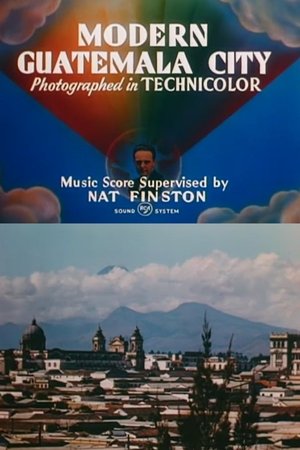 7.0
7.0Modern Guatemala City(en)
This FitzPatrick Traveltalk short visits Guatemala City, touching upon its sights, customs, and history.
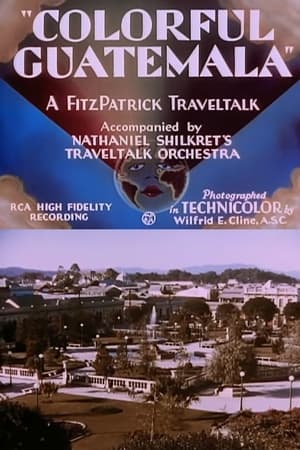 0.0
0.0Colorful Guatemala(en)
James A. FitzPatrick takes a look at colorful Guatemala.
 5.9
5.9500 Years(es)
From a historic genocide trial to the overthrow of a president, the sweeping story of mounting resistance played out in Guatemala’s recent history is told through the actions and perspectives of the majority indigenous Mayan population, who now stand poised to reimagine their society.
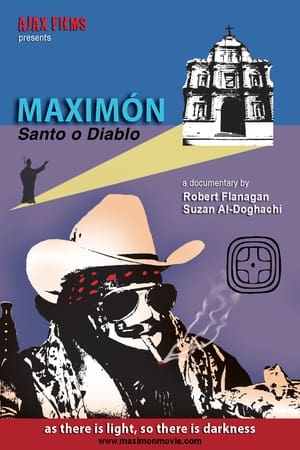 10.0
10.0Maximón: Devil or Saint(es)
MAXIMÓN - Devil or Saint is a documentary about the controversial Maya deity, also known as San Simon or the drinking and smoking saint of Guatemala. He is a mixture of ancient Maya beliefs and Christianity. The movie concentrates on the people who surround Maximón with their strong personalities, opinions and faith. The documentary gives us a rare view into the rituals and fiestas honoring Maximón. The cult of Maximón is flourishing because he performs miracles. He is also feared and despised because he is used to cast curses that can result in death. Ultimately, Maximón transcends the duality of good and evil, reflecting the Maya cosmovision in which everything in the universe co-exists.
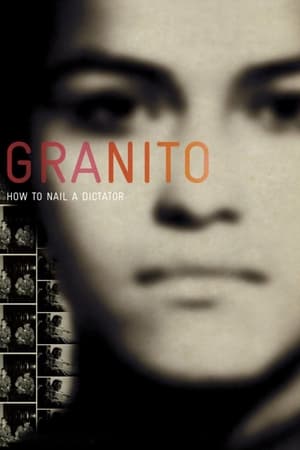 4.5
4.5Granito: How to Nail a Dictator(en)
A story of destinies joined by Guatemala's past, and how a documentary film intertwined with a nation's turbulent history emerges as an active player in the present.
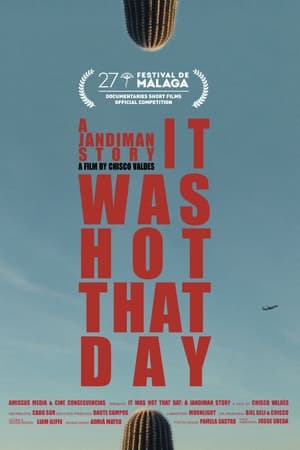 0.0
0.0It Was Hot That Day: A Jandiman Story(en)
Enduring 28 days of relentless construction labor, Frank struggles to prep a house for painting amidst Phoenix's scorching pandemic summer.
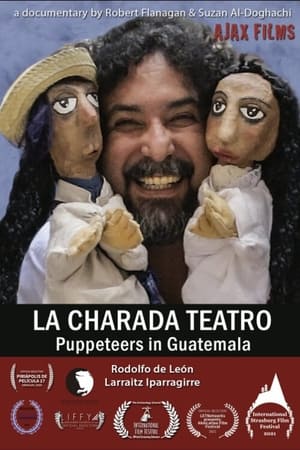 10.0
10.0La Charada Teatro - Puppeteers in Guatemala(es)
A joyous Guatemalan film about the magic and charm of puppetry. This documentary follows the charismatic artists as they make their puppets and perform. Both humorous and socially aware, their themes are drawn from classic stories, local legends and history.
Mother Tongue(en)
"Mother Tongue" chronicles the first time a documentary film about Guatemalan genocide in Guatemala was translated and dubbed into Maya-Ixil—5.5% of whom were killed during the armed conflict in the 1980s. Told from the perspective of Matilde Terraza, an emerging Ixil leader and the translation project’s coordinator, "Mother Tongue" illuminates the Ixil community’s ongoing work to preserve collective memory.
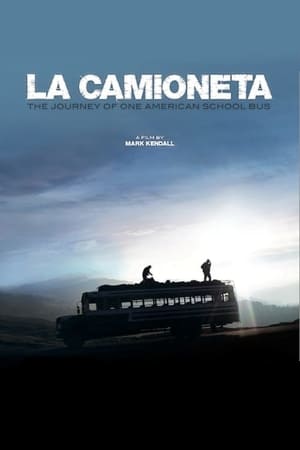 5.8
5.8La Camioneta: The Journey of One American School Bus(en)
Every day dozens of decommissioned school buses leave the United States on a southward migration that carries them to Guatemala, where they are repaired, repainted, and resurrected as the brightly-colored camionetas that bring the vast majority of Guatemalans to work each day. Since 2006, nearly 1,000 camioneta drivers and fare-collectors have been murdered for either refusing or being unable to pay the extortion money demanded by local Guatemalan gangs. LA CAMIONETA follows one such bus on its transformative journey: a journey between North and South, between life and death, and through an unfolding collection of moments, people, and places that serve to quietly remind us of the interconnected worlds in which we live.
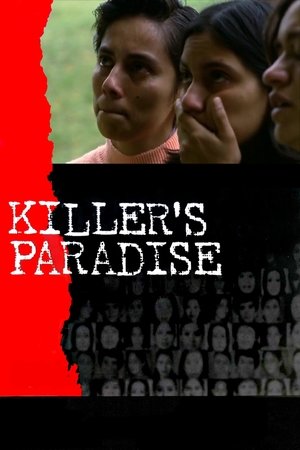 0.0
0.0Killer's Paradise(en)
Since 1999, more than 2,000 women have been murdered in Guatemala, with numbers escalating every year, yet lawmakers and government officials turn a blind eye. Powerful and uncompromising, Killer's Paradise uncovers an emotionally wrenching human rights tragedy, while exposing an inept judicial system that allows it to happen. After almost four decades of civil war, Guatemala is a troubled society, but it can also be seen as a microcosm of the pervasive violence and injustice against women worldwide.
 5.7
5.7The Houses Are Full of Smoke(en)
A powerful three-part documentary studying the US involvement in Guatemala, El Salvador and Nicaragua. The differing factions - Sandinista leaders, Guatemalan campesinos, CIA operatives, Contras and US government apologists - are interviewed and, in the absence of a controlling narration, the audience is encouraged to draw its own conclusions.
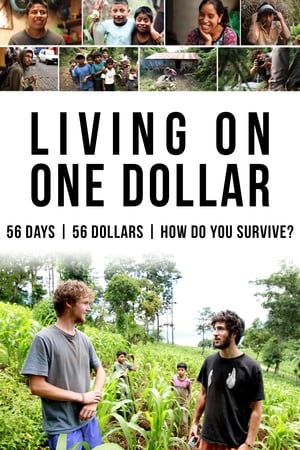 6.4
6.4Living on One Dollar(en)
How do 1.1 billion people around the world live on less than one dollar a day? Four young friends set out to research and live this reality. Armed with only a video camera and a desire to understand, they spend just 56 dollars each for 56 days in rural Pena Blanca, Guatemala. They battle E.Coli, financial stress, and the realization that there are no easy answers. Yet, the generosity and strength of their neighbors, Rosa, Anthony and Chino gives them resilient hope. They return home transformed and embark on a mission to share their new found understanding with other students, inspiring and challenging their generation to make a difference.
Mayan Renaissance(en)
Mayan Renaissance is a feature length film which documents the glory of the ancient Maya civilization, the Spanish conquest in 1519, 500 years of oppression, and the courageous fight of the Maya to reclaim their voice and determine their own future, in Guatemala and throughout Central America. The film stars 1992 Nobel Peace Laureate and Maya Leader Rigoberta Mencu Tum. All of the images, voices, expert commentary and music in the film come directly from Central America, the heart of the Mayan World.
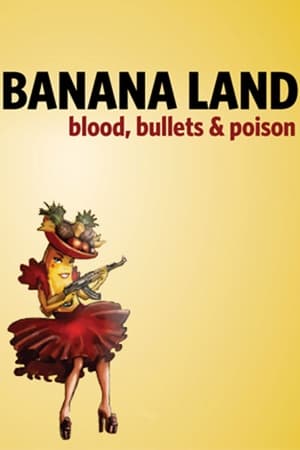 9.0
9.0Bananaland: Blood, Bullets & Poison(en)
For consumers, bananas are a delicious and nutritious start to the day, a healthy snack and a fixture in our fruit bowls. For millions of residents in the banana lands, the production of bananas means social upheaval, violence and pesticide poisoning. Banana Land explores the origins of these disparate realities, and opens the conversation on how workers, producers and consumers can address this disconnect.
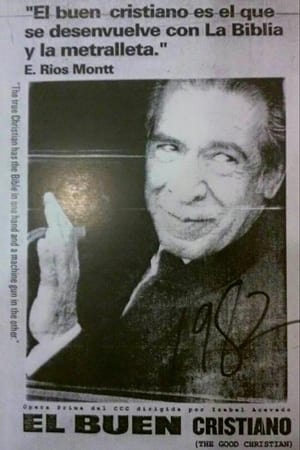 6.5
6.5The Good Christian(es)
In 1979 José Efraín Ríos Montt became a reborn Christian. He was offering a sermon when a group of soldiers burst into his Christian school, and asked him to lead a military coup in 1982. Francisco Chavez Raymundo and his sister were small children when Rios' political actions annihilated their community. In March, 2013 the lives of Francisco Chavez and Rios Montt converge in the same space. Rios is called upon to testify before Guatemalan justice and is confronted by a group of Mayan Ixiles, orphans and widows of the war, Francisco is one of them.
Discovering Dominga: A Survivor's Story(en)
Denese Joy Becker, a manicurist living in Iowa, discovers she is indeed Dominga Sic Ruiz, a survivor from a 1982 Guatemalan massacre, when more than 200 people were killed in the small village of Rio Negro, after opposing the construction of a dam, sponsored by World Bank. She then tries to unveil the truth.
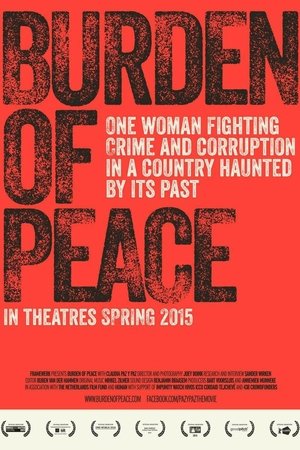 8.0
8.0Burden of Peace(es)
Claudia Paz y Paz is the head of the Guatemalan Public Prosecutor’s Office. We follow her during her four-year mandate as the Attorney General of one of the world’s most dangerous countries. This documentary closely observes her attempts to break the downward spiral of a society where drug cartels, corruption and violence have become part of daily life. She manages to improve the country’s safety and justice issues but is met with much resistance. Her commitment to the rule of law is her strength as well as her destiny. At what price do four years of service as the Attorney General of Guatemala’s murder paradise come?
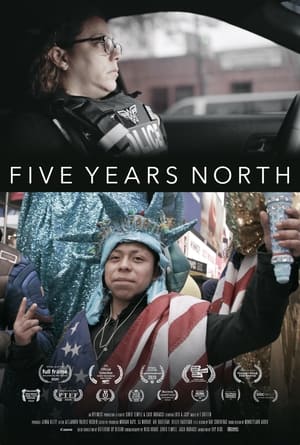 10.0
10.0Five Years North(en)
Five Years North is the coming-of-age story of Luis, an undocumented Guatemalan boy who just arrived alone in New York City. He struggles to work, study, and evade Judy - the Cuban-American ICE officer patrolling his neighborhood.